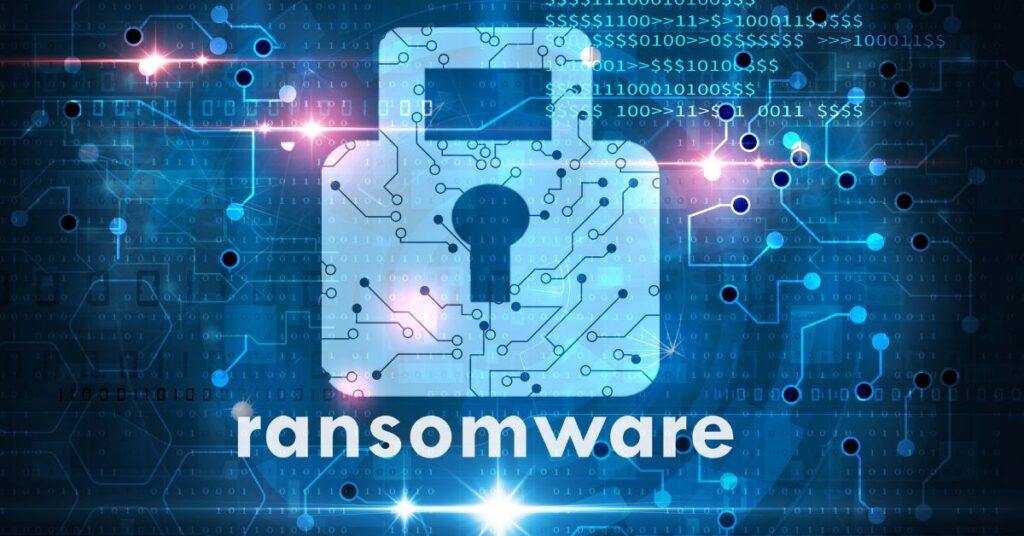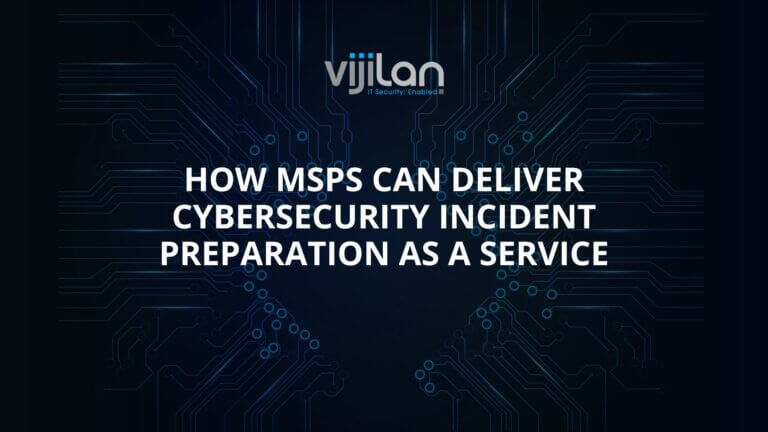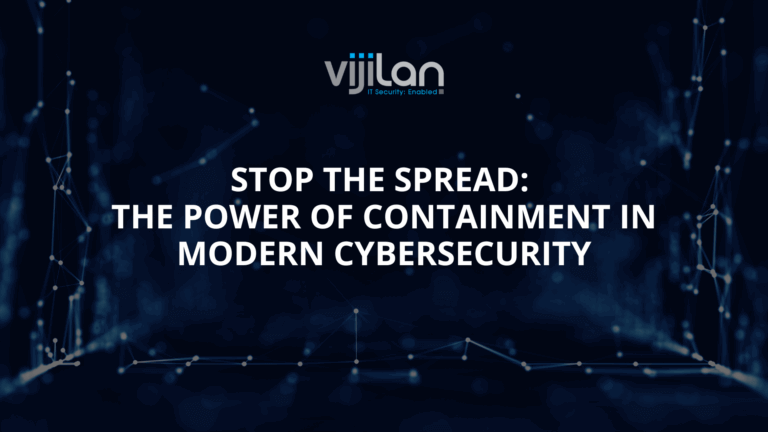Why Antivirus Is Not Enough To Prevent Ransomware: Insights from Vijilan Security
Antivirus software has been a staple in cybersecurity for decades. It is often the first line of defense against malware, including ransomware. However, as ransomware attacks become more sophisticated, relying solely on antivirus software is no longer enough to protect your organization from this growing threat. In this blog post, we will discuss why antivirus is not enough to prevent ransomware and what additional measures organizations need to take to protect their systems and data.
- Antivirus software can’t detect all ransomware
Ransomware is designed to evade detection by traditional antivirus software. As a result, relying solely on antivirus software to prevent ransomware attacks is not enough. Cybercriminals can use various tactics to bypass antivirus software, such as encrypting the ransomware payload or using code obfuscation techniques. Additionally, some ransomware variants are specifically designed to evade antivirus software.
- Antivirus software cannot prevent all attack vectors
Ransomware can be delivered through various attack vectors, including phishing emails, malvertising, and drive-by downloads. While antivirus software can detect and block some of these attack vectors, it is not foolproof. For example, if a user falls for a phishing email and clicks on a malicious link, antivirus software may not be able to prevent the ransomware from infecting the system.
- Antivirus software cannot recover encrypted data
In the event that ransomware does infect a system, antivirus software cannot recover the encrypted data. While some antivirus software includes ransomware-specific features such as backup and restore, it is not always effective in recovering encrypted data. Ransomware can also encrypt data stored on network drives and cloud storage, making it difficult to recover even with antivirus software.
- Additional measures are needed to protect against ransomware
To protect against ransomware attacks, organizations need to take additional measures beyond antivirus software. These measures include:
- Employee training: Educate employees on how to identify and avoid phishing emails and other common attack vectors.
- Access controls: Limit user access to sensitive data and systems to reduce the risk of ransomware spreading across the network.
- Backup and disaster recovery: Implement a robust backup and disaster recovery plan to ensure that critical data can be recovered in the event of a ransomware attack.
- Threat monitoring: Implement a threat monitoring solution that can detect and respond to ransomware attacks in real-time.
Conclusion
In conclusion, relying solely on antivirus software to prevent ransomware attacks is not enough. As ransomware attacks become more sophisticated, organizations need to take additional measures to protect their systems and data. Employee training, access controls, backup and disaster recovery, and threat monitoring are all essential measures for protecting against ransomware attacks. At Vijilan Security, we specialize in providing managed security services that can help organizations protect against ransomware and other cybersecurity threats. Contact us today to learn how we can help your organization stay secure.





